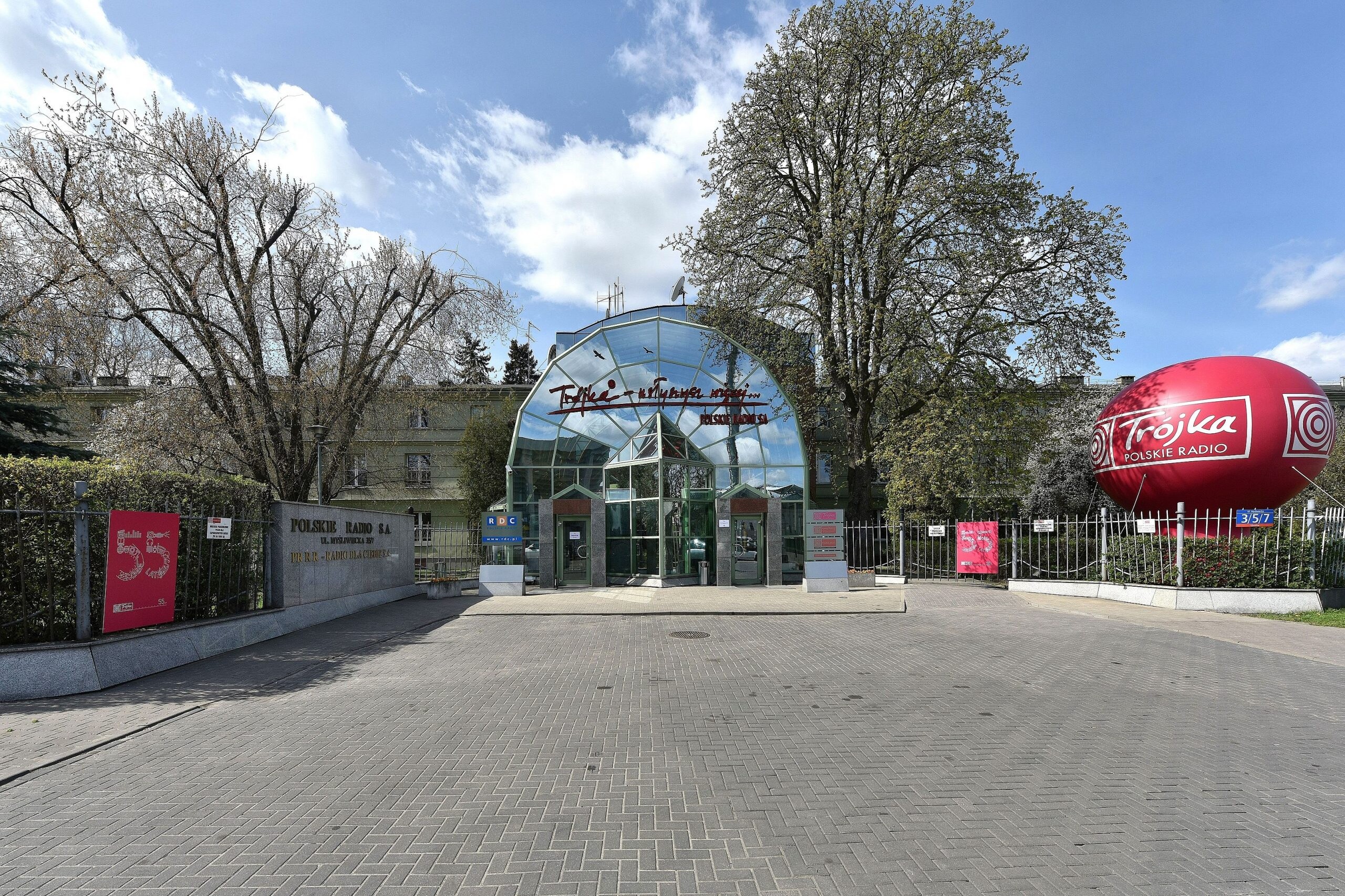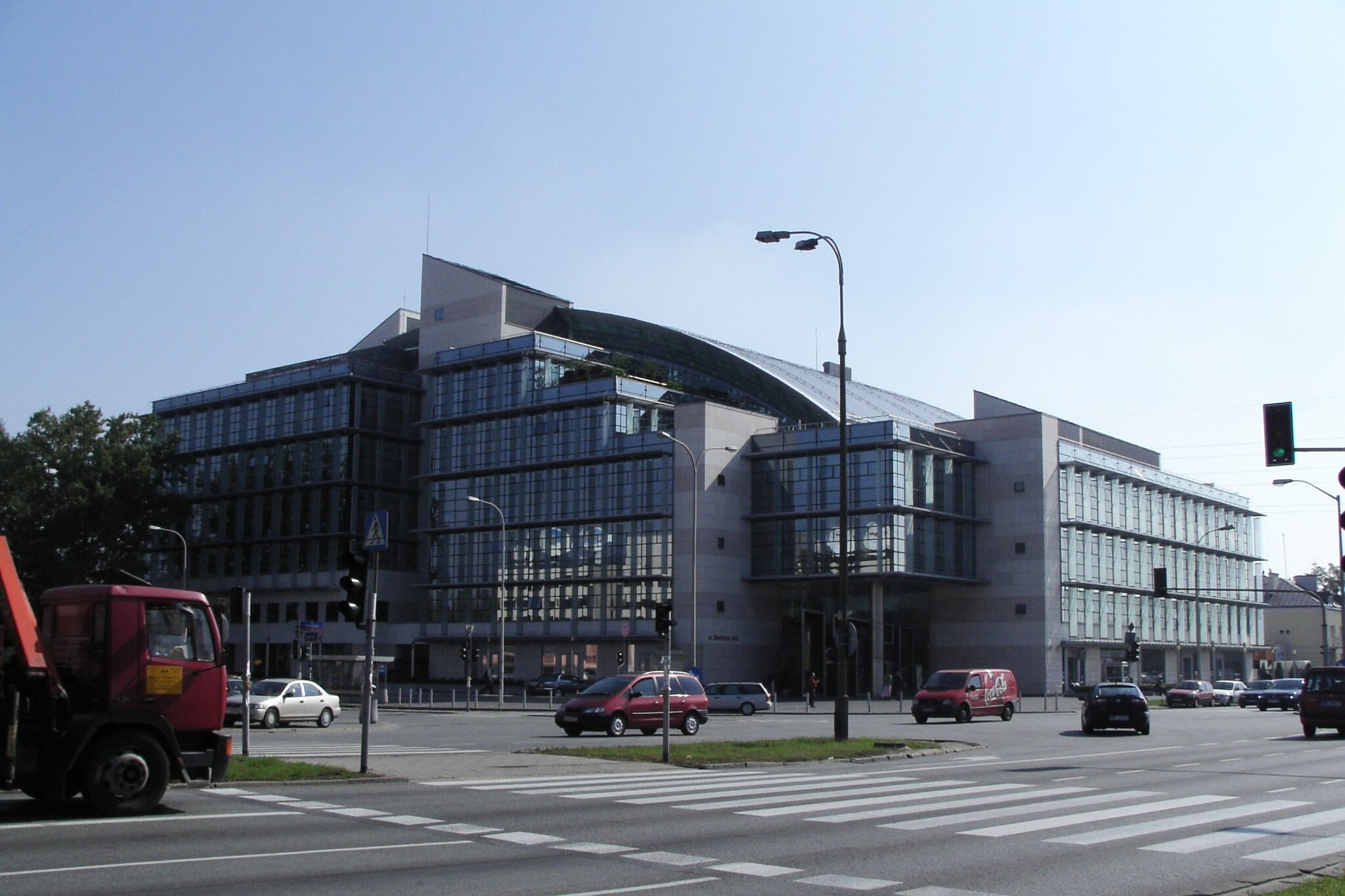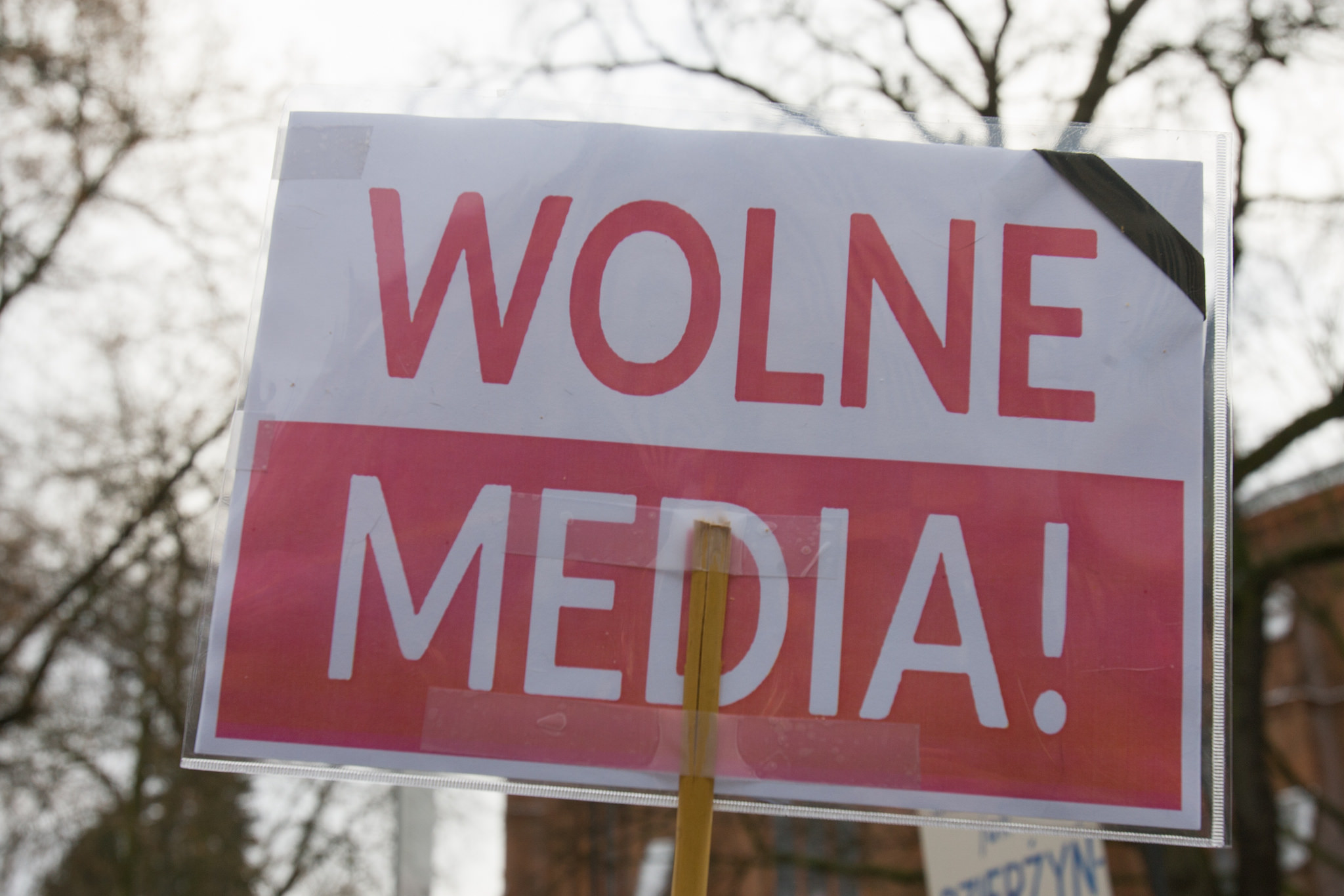From pro-government election and coronavirus coverage to hate speech, there are serious concerns that the government’s ongoing interference will extinguish hopes for independent public media in Poland.
While independent public media tend to be the most trusted news media institutions across Europe, the independence of Poland’s public media has rapidly eroded since the ruling Law and Justice Party (PiS) entered government in 2015.
The numbers reflect this concerning reality. In this year’s Digital News Report, The Reuters Institute for the Study of Journalism (RISJ) recorded that while 43% of respondents trust public broadcaster TVP’s news content, 39% do not. Like other media freedom advocates, RISJ attribute this division in public trust to the fact that “TVP…is often seen as acting in the interests of the ruling party.” It’s recent coverage of the Presidential elections can attest to this.
A crisis of impartiality
2020 Presidential Elections
In their assessment of the Presidential Elections, the Organisation for Security and Co-operation in Europe (OSCE) stated that:
“The governance and funding of the public broadcaster TVP does not ensure editorial independence and enables the government to exert pressure on TVP content. During this campaign, in the period qualitatively followed by the ODIHR SEAM, the TVP failed in its legal duty to provide balanced and impartial coverage.”
According to Press, almost all election coverage (97%) on ‘Wiadomości’ (TVP’s flagship evening news programme) of President Andrzej Duda, an affiliate of the Law and Justice party, was “positive”; while a meagre 3% was “neutral”, leaving no room for “negative” or critical coverage entirely. The same could not be said for his front-running rival, Rafał Trzaskowski, Mayor of Warsaw and Civic Platform’s candidate for Presidency, against whom the TVP led a vicious media campaign against in the run-up to the 28 June election.
Complaints about an election debate broadcast by TVP on 17 June were made to the National Broadcasting Council (KRRit), including allegations by opposition-nominated KRRiT member, Juliusz Braun, that Duda had access to the moderator’s questions before the debate. Nevertheless, Reporters Without Borders (RSF) acknowledges that “the government has little to fear because the Council is notorious for its inability to defend the independence of the public broadcasters.”
TVP’s disproportionate election coverage violates the electoral code, said Adam Bodnar, Poland’s human rights commissioner. He was quoted in Notes from Poland saying, “The public broadcaster is not complying with its statutory principle of pluralism, impartiality, balance and independence in presenting the election campaign.”
As a principle, public media’s watchdog role is neither to praise nor promote the incumbent government’s policies, nor to solely seek out “negative” representations of politicians. Rather, they must hold governments and those in positions of power to account for their actions and decisions. Fair, accurate, pluralistic and impartial election coverage is one essential way in which public broadcasters can prove their commitment to and for an informed citizenry. TVP has in this election, as in October’s Parliamentary elections, failed to prove this public service commitment.
Yet the public broadcaster’s lack of critical coverage of the government has not simply been limited to these elections. Its pro-government bias has been present even throughout the COVID-19 crisis, a crucial time in which citizens require credible, verified and life-saving information.
“The public broadcaster is not complying with its statutory principle of pluralism, impartiality, balance and independence in presenting the election campaign.”
Adam Bodnar, Poland’s Human Rights Commissioner
Coronavirus coverage
In their report published in March on the Polish news media’s coverage of the pandemic, the European Journalism Observatory (EJO) states that although the last remaining beacons of independent media have been critical of the government’s response to the national health emergency, “public media have failed to report impartially on the crisis and have instead revealed a distinct political bias.”
The EJO went on to cite an incident where news programme, TVP Info, “heavily criticised” Mayor Rafał Trzaskowski’s measures to curb the spread of the coronavirus vis-a-vis another incident in which TVP failed to report on the government’s own operation for returning Poles home from countries with concerning numbers of COVID-19 cases. This resulted in a lack of physical distancing in airports and during flights “despite the obvious potential for this operation to accelerate the spread of the virus.”
More recently, TVP’s home-schooling services during COVID-19 have been called out for the abundance of errors in lessons and for their “limited use of multimedia teaching aids”, despite public media receiving a funding boost of 2 billion zloty earlier this year, according to an article by Notes from Poland. It also said that lessons were also described by teachers and educational staff as “saturated with errors…that are almost unforgiveable” and “low-budget teaching programmes.”
Hate speech
Alongside unbalanced election coverage, OSCE’s election assessment also found that some of TVP’s reporting “was charged with xenophobic and anti-Semitic undertones”, which portrayed Trzaskowski as “a threat to Polish values and national interests.”
Meanwhile, at the start of June, a Warsaw court ruled in favour of campaigning group Campaign Against Homophobia (KPH) to remove the documentary film, ‘Inwazja’ (Invasion) from YouTube. Originally broadcast on TVP1 before the October Parliamentary elections, ‘Invasion’ has been received as inciting anti-LGBT rhetoric. KPH accused the film of “violating personal rights”.
“...public media have failed to report impartially on the crisis and have instead revealed a distinct political bias.”
Paulina Pacula, European Journalism Observatory (EJO)
Weak regulation and the need for reform
At the end of 2015, following a speedy amendment to the 1992 Broadcasting Act to pass the ‘Small Media Act’, the government gained powers to appoint who sits on board of Polish public media. Three out of the five current board members of public radio are from the ruling party. “These three people decide everything that happens on the radio” as former journalist, Dariusz Rosiak, who was fired from Radio Trojka, explains.
As for the supervisory board for public television – whose members are also appointed by the PiS party and consists of TVP’s interim president, Maciej Lopinski – the National Media Council recently voted in favour of an additional fourth board member, Jacek Kurski, who was dismissed as TVP President earlier this year.
Last week, RSF called on the Polish parliament to restore the National Broadcasting Council’s independence “in accordance with the Constitutional Court’s ruling from 2016.” Pavol Szalai, Head of RSF’s EU and Balkans Desk, said:
“The government’s systematic abuse of the public TV shows that press freedom should be included in the procedure under Article 7 of the Treaty on the European Union, which is discussed by the EU Council and could lead to sanctions against Poland for violation of European values.”
As Timothy Garton Ash, a Guardian columnist who has written extensively about Poland, emphasises: “the long-term future of democracy in Poland will depend on defending free and diverse media.”
But unfortunately, such threats to public media are not isolated to Poland alone, with similar instances unfolding across the region.
Victor Orbán’s government in Hungary has in recent years overseen the capture of independent media houses, diminished the country’s public media and fundamentally damaged media freedom in the process. Meanwhile, public media in Slovenia and the Czech Republic face growing political pressure and threats of interference.
Editorial independence is a fundamental principle of public media and its ability to effectively inform the public, especially during times of election. While there have been long held concerns regarding the independence of Poland’s public media, the PMA continues to call for its separation from government, the restoration of robust oversight to mitigate against interference and to stop the use of public media to propagate hate speech.
Header image: Flags of different channels in front of one of the buildings of Polish Television (TVP) in Warsaw. Credit: fotokon/iStock
“...the long-term future of democracy in Poland will depend on defending free and diverse media.”
Timothy Garton Ash, The Guardian
Related Posts
2nd June 2020
Censorship in Polish public radio sparks debate about media freedom
A debate about media freedom and the…
6th January 2017
The ongoing struggle for media freedom in Poland
It is just over a year since Poland’s…



